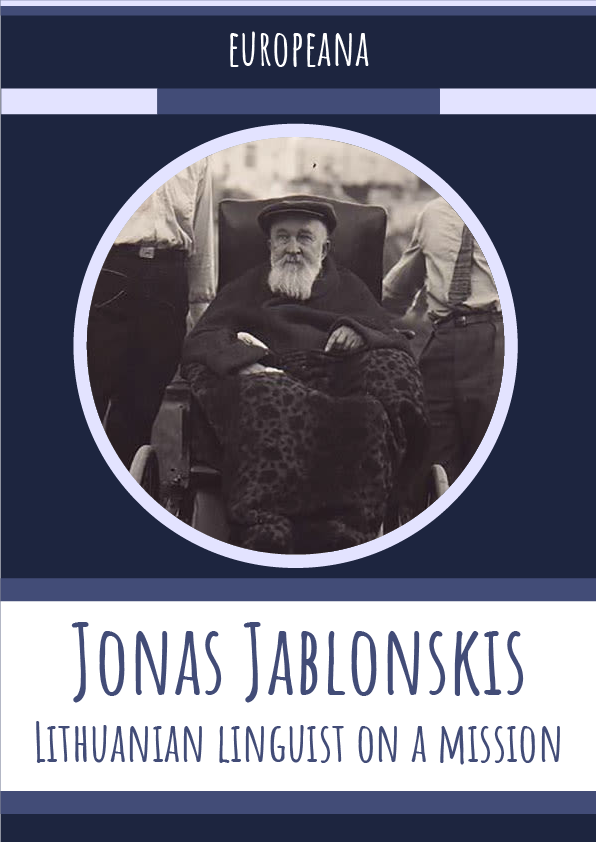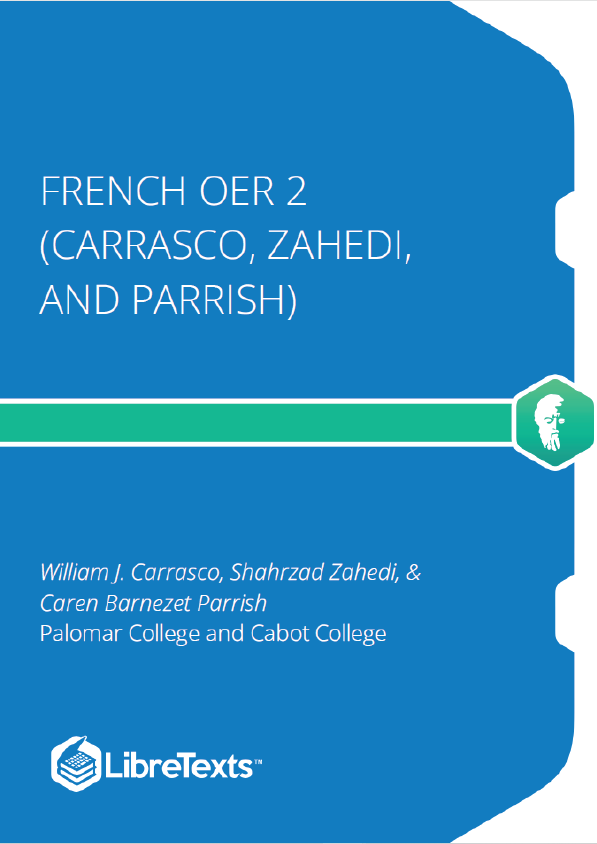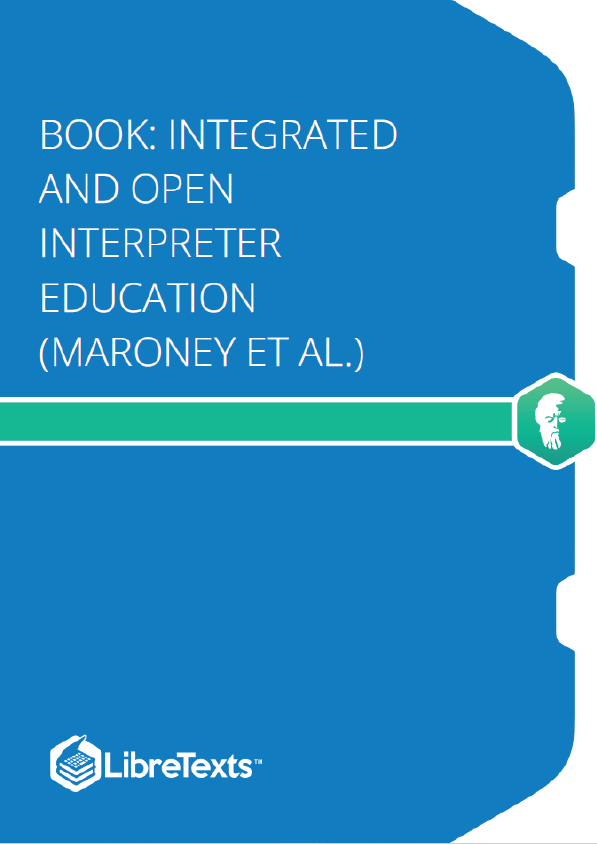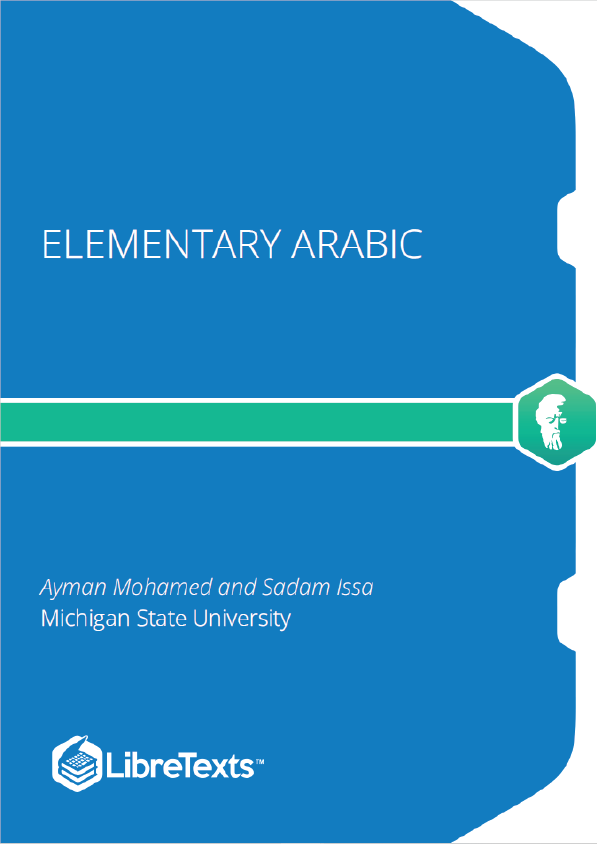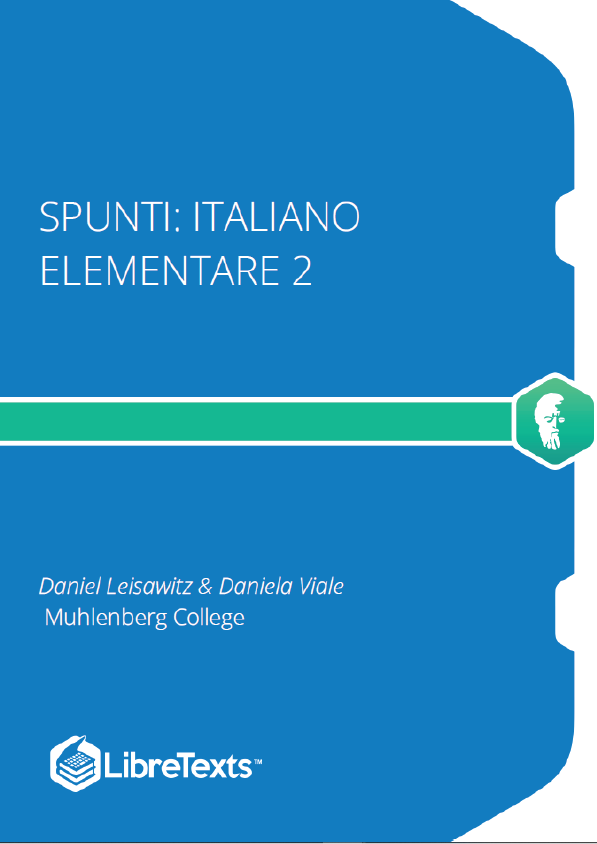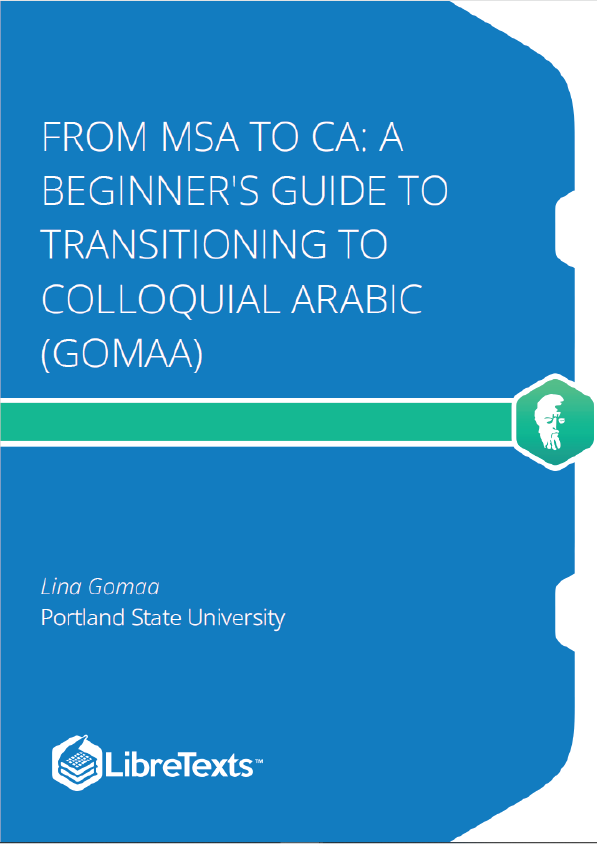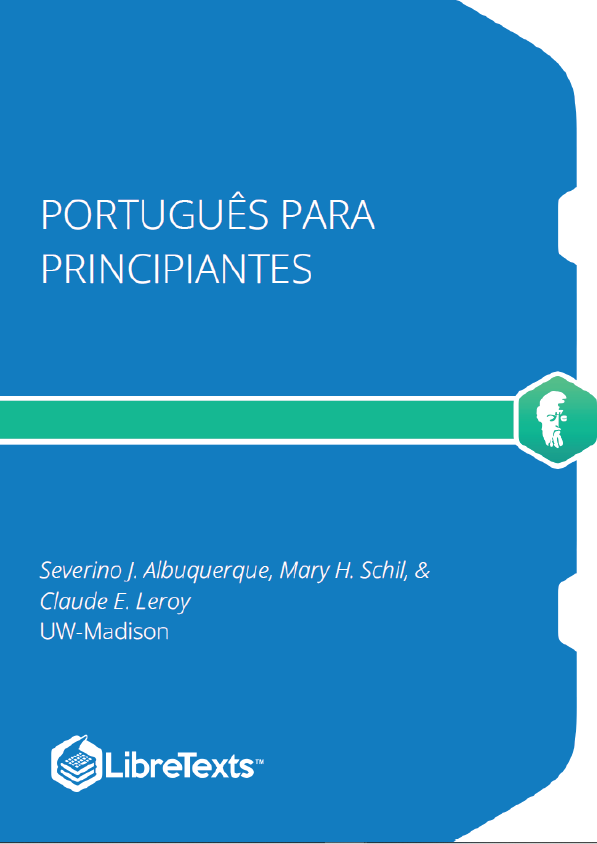Language by design
Many people, while living away from home, feel that they slowly get less proficient in their mother tongue. Not so for linguist Jonas Jablonskis (1860-1930), who was the first to formulate and outline the basic principles of the Lithuanian language, while spending a significant part of his academic career and life in emigration.
Teaching and living abroad
After graduating from Marijampolė Gymnasium, Jablonskis first move was to Moscow. There, he studied History and Philology (the study of the structure, history and development of languages) at the University of Moscow from 1881 to 1885.
In his native Lithuania, Jablonskis, as a Catholic, was not unable to find employment as a teacher so instead worked in a number of other nations in the region over the course of the following 30 years. In 1889, he found a role as a teacher in Latvia, and later in Estonia, Belarus and, during World War 1, he taught at a Lithuanian refugees’ school in Voronezh, Russia.
Lithuanian Linguistics
During his time away from Lithuania, Jablonskis continued his linguistic studies in the Lithuanian language. During all this time, his most notable achievement was contributing to the formation of standard Lithuanian.
While teaching in Latvia, in the summer breaks, Jablonskis returned to Lithuania to collected data for linguistic studies among native speakers. In 1901, the Russian Academy of Sciences charged Jablonskis with editing a Lithuanian dictionary which had been compiled by Antanas Juška. This charge caused him to be dismissed from his teaching position at the time. In spite of this, he continued his efforts, beginning to work on his Lithuanian Grammar (1901) under the name of Petras Kriaušaitis.
Designing the dictionary
Jablonskis chose to base the language on the western High-Lithuanian dialect, a language being spoken at the time. He eschewed earlier attempts to establish a standard Lithuanian language which were based upon the dialect of Prussian Lithuanians. In doing so, Jablonskis went against the style of contemporary literary language, which was heavily influenced by foreign elements. From then onward, written Lithuanian would be more authentically Lithuanian than it had ever been.
Jablonskis dedicated his life to the language: defining how words are spelled, substituting loan words from other languages with Lithuanian alternatives, developing rules for how new words should be formed and bringing consistency to syntax and grammar. He also introduced the letter ū into Lithuanian writing. Jablonskis collected his linguistic findings in an academic text, which is still in use. And still, today, the Lithuanian language evolves, grows and expands owing to the accomplishments of this legendary thinker.
